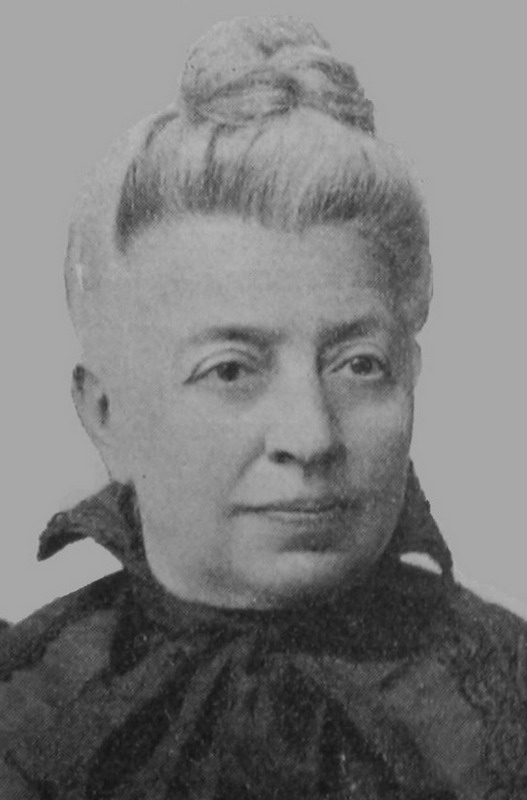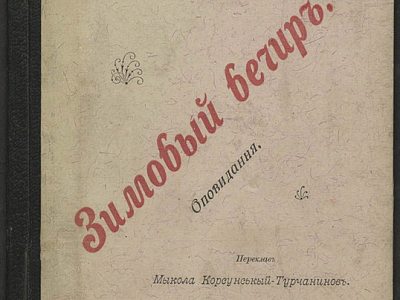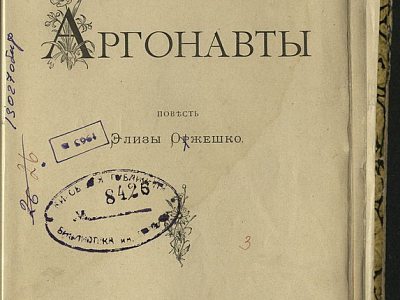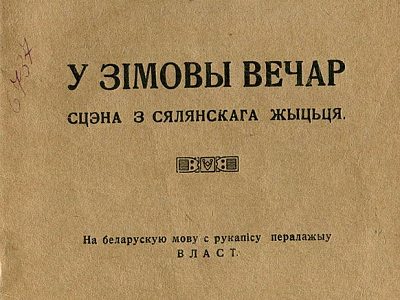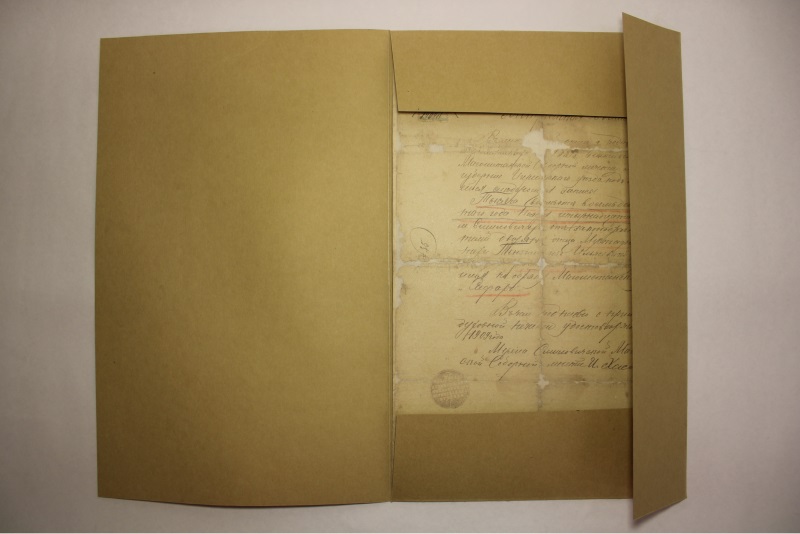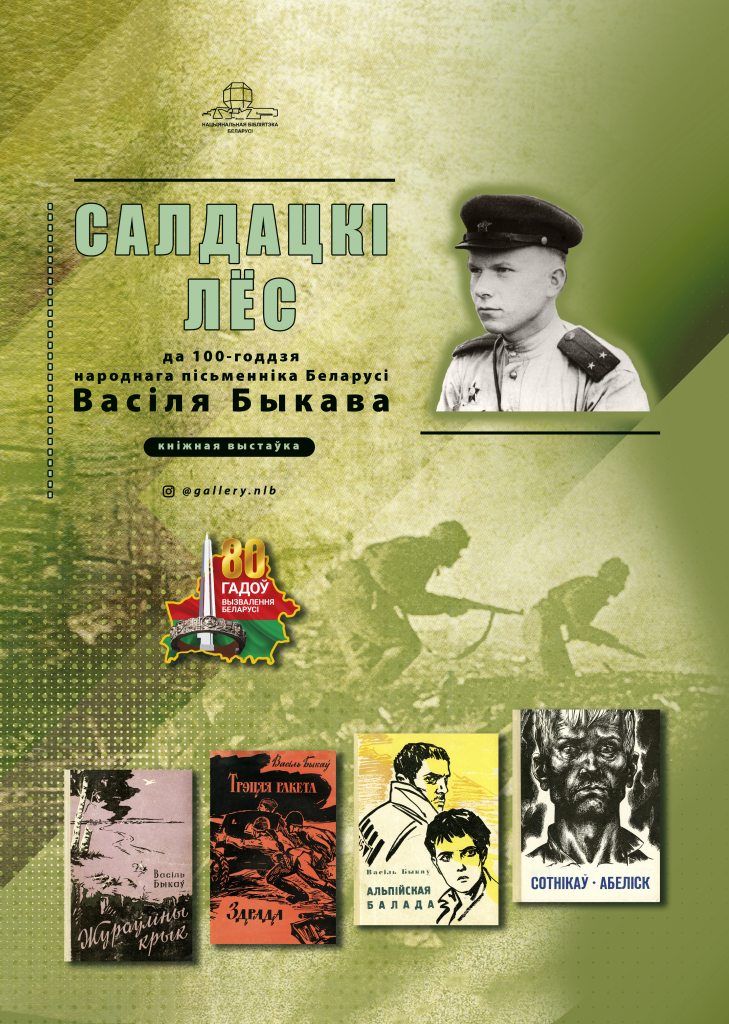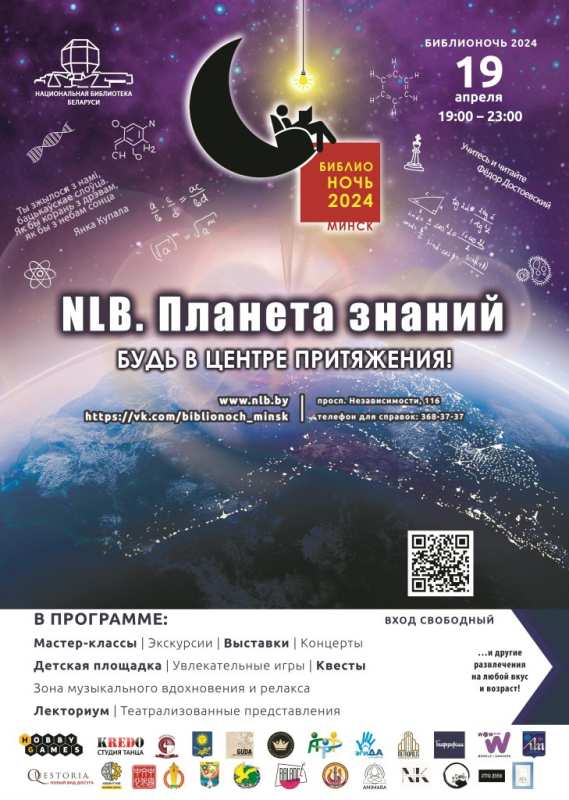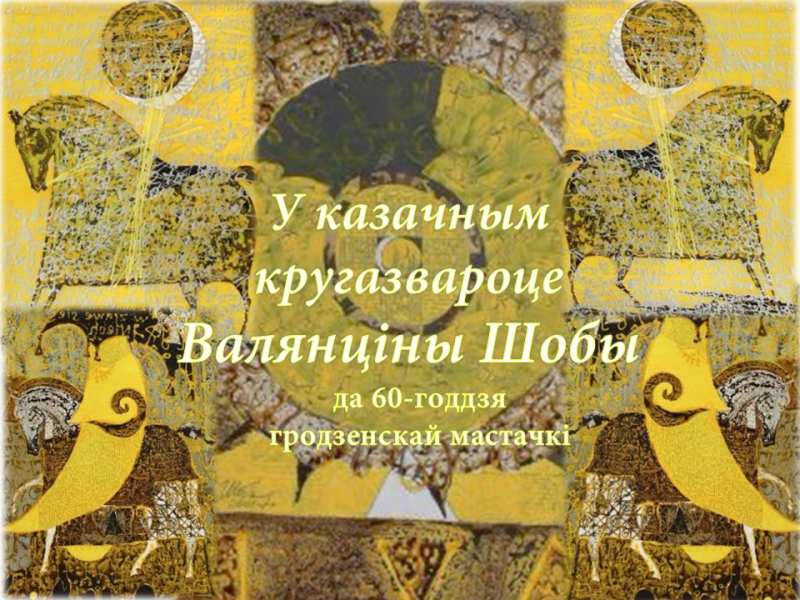This is how the renowned poet Frantsishak Bahushevich called the famous writer Eliza Azheshka (1841–1910), thereby defining the main features of her talent – humanism, sincerity and truthfulness. Her writings are of great importance for the Belarusian people: much of the writer's heritage is dedicated to them.
Eliza Azheshka was born 180 years ago ‒ on June 6 (May 26), 1841 in the noble Paulauski family in the Milkoushchyna estate, not far from Hrodna. The most exciting activity for the girl in her childhood was reading, which had a significant impact on her. Eliza was fluent in two languages – Polish and French – but she could also speak Belarusian, thanks to her friends, peasant children. The future writer studied at the monastery boarding house in Warsaw from 1852 to 1857, where they taught secular manners, the piano and French. However, her favorite lectures were about Polish literature.
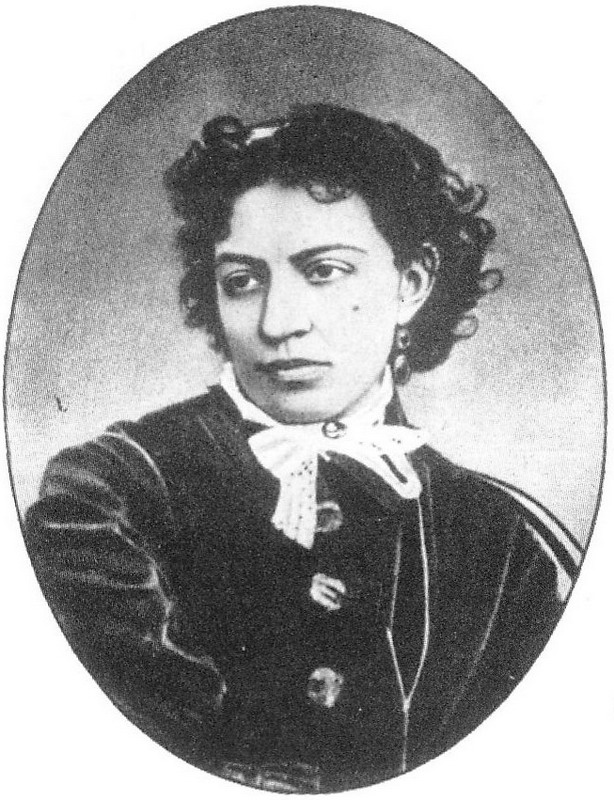
Eliza married the Paliessie nobleman Piot Azheshka almost immediately after graduating from the boarding school. In the winter of 1858, he took his young wife to his Liudvinava estate (now a village in the Drahichyn district of the Brest region). Together with her husband's younger brother Florian, she organized a school for village children, where 20 boys studied.
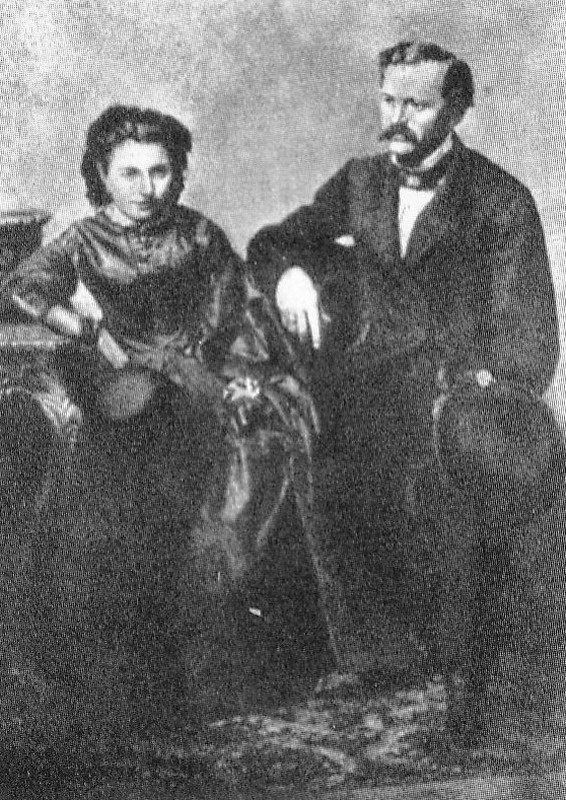
The peasant reform and the 1863–1864 Polish uprising played an exceptional role in shaping the worldview of the future writer. She was not only a witness but also a participant in the heroic events. Having experienced the bitterness of the defeat of the uprising, she began to write. In 1866, the magazine "Tygodnik ilustrowany" published the first printed story by Azheshka "A picture From the Hungry Years", with memories of the famine in the Belarusian serf village. From now on, writing became a form of service to society and the only means of subsistence for her. In 1869, Eliza moved to Hrodna and devoted herself entirely to literary work.
She always touched upon the acute problems of her time, sought to convey its essence and spirit. She advocated the equality of women in society, defended the interests of workers, expressed her thoughts on bourgeois progress and general welfare. The 80s of the 19th century were the time of the greatest rise of Azheshka's work. The epic novel "Above the Nioman" (1887) was written, which took an honourable place not only in Polish but also in world literature (numerous translations testify to this).
The writer treated the Belarusian people with respect and sympathy, studied their everyday life, collected rich and original folklore material. In the short novels "Lowlands" (1884), "Dziurdzi" (1885), "Peasant" (1888), stories "Tadevush", "Echo", "On a Winter Evening" and other works, she recreated different aspects of the life of the Belarusians of the second half of the 19th century, their spiritual beauty, hard work, a sense of unity with nature truthfully and with great artistic force. The essay "People and Flowers on the Banks of the Nioman" (1888–1891) is dedicated to Belarusian folklore.
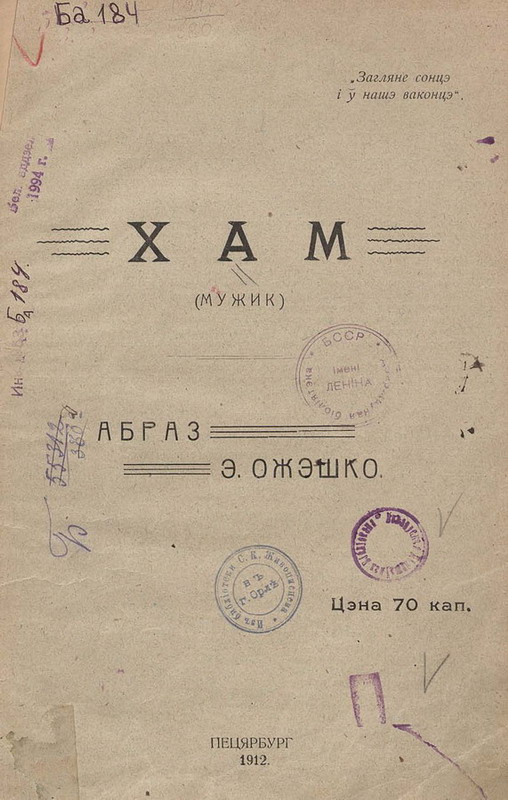
Eliza Azheshka's writings played a certain role in the formation of the Belarusian theater. The short novel "Peasant" and the story "On a Winter Evening" were staged by the First Belarusian theatre company of I. Bujnitski in 1910–1912. and the First Association of Belarusian Drama and Comedy, created by F. Zhdanovich. It was with the staging of the play "On a Winter Evening" that opened the Belarusian State Theater.
To emphasize the importance of Azheshka's work for Belarusian culture, it is enough to quote the words of the local historian V. Sodal, “Azheshka, like no one before her, told the world about Belarusians and Belarus. She is for our land like Gogol for Ukraine. He was a link between Ukraine and Russia, and she linked Belarus and Poland."
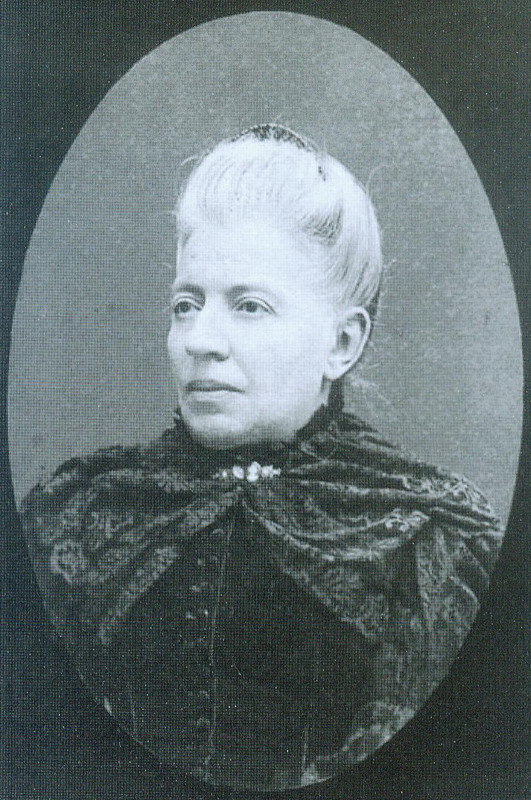
Eliza Azheshka's life ended in Hrodna. Her monument was erected in 1929, and one of the main streets of the city was named after her. In the house where the writer lived, there is an information and educational centre of the Hrodna Regional Scientific Library named after E.F. Karski; there is a memorial room dedicated to her life and work.
Additional information about Eliza Azheshka and her works can be found in the electronic catalogue of the National Library of Belarus, the online encyclopaedia “Belarus in Persons and Events”, the National Database of Authoritative / Regulatory Records, in the database “Legends of Hrodna Region” of the Hrodna Regional Scientific Library. The website of the regional library also contains a programme of cultural events timed to coincide with the significant event.
Bibliology Research Department

